QUAD
PM Modi will attend the first Quad Summit on March 12, 2021.
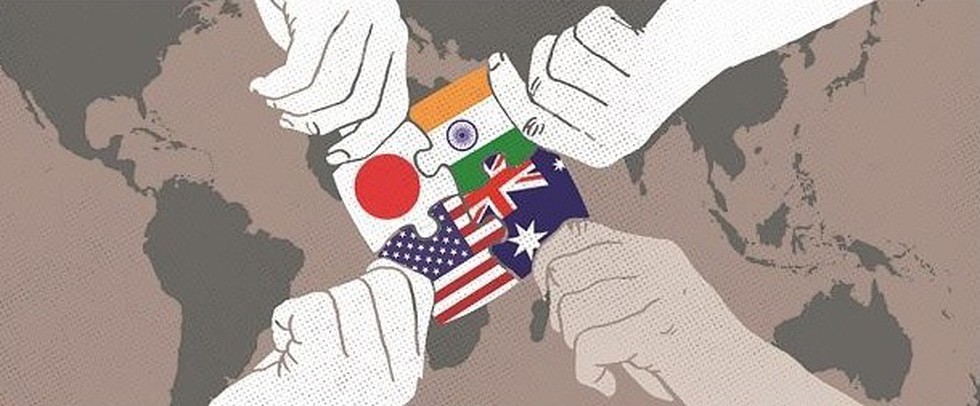
About:
- Prime Minister Narendra Modi will join U.S. President Joseph Biden, Australian PM Scott Morrison and Japanese PM Yoshihide Suga for a virtual summit of the Quadrilateral Framework (Quad)— the first time leaders of the Indo-Pacific grouping are meeting.
- Access to COVID-19 vaccines, cooperation on technology, and climate change are on the top of the agenda in the summit.
- The Quad meeting, that China has referred to as an “Indo-Pacific NATO”, will be watched most closely for signals on how the grouping will deal with the challenge from Beijing’s recent moves in the Pacific as well as at the Line of Actual Control in Ladakh.
- India, the world’s largest manufacturer of vaccines, that has already shipped out more than 48 million doses worldwide, is expected to request Quad investment to scale up its outreach further.
INDIA – JAPAN SPACE TIES
Indian and Japanese space agencies reviewed cooperation in earth observation, lunar cooperation and satellite navigation, and also agreed to explore opportunities for cooperation in “space situational awareness and professional exchange programme”.
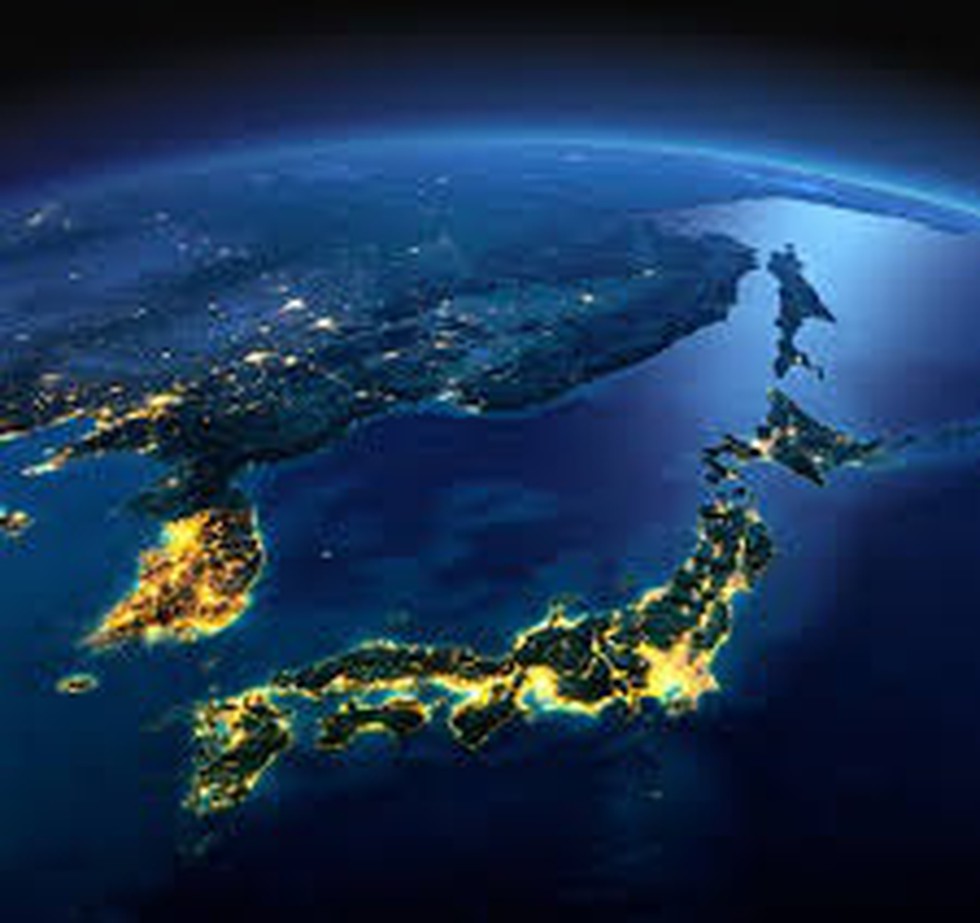
About:
- This was agreed during a bilateral meeting between the Indian Space Research Organisation (ISRO) and the Japan Aerospace Exploration Agency (JAXA) held virtually.
- Both agencies signed an Implementing Arrangement for collaborative activities on rice crop area and air quality monitoring using satellite data.
- India and Japan are already working on a joint lunar polar exploration (LUPEX) mission and the two space agencies have been working on the mission that aims to send a lander and rover to the Moon’s south pole around 2024.
SWAMI CHIDBHAVANANDA
Prime Minister Narendra Modi launched the Kindle version of Swami Chidbhavanandaji’s Bhagavad Gita.
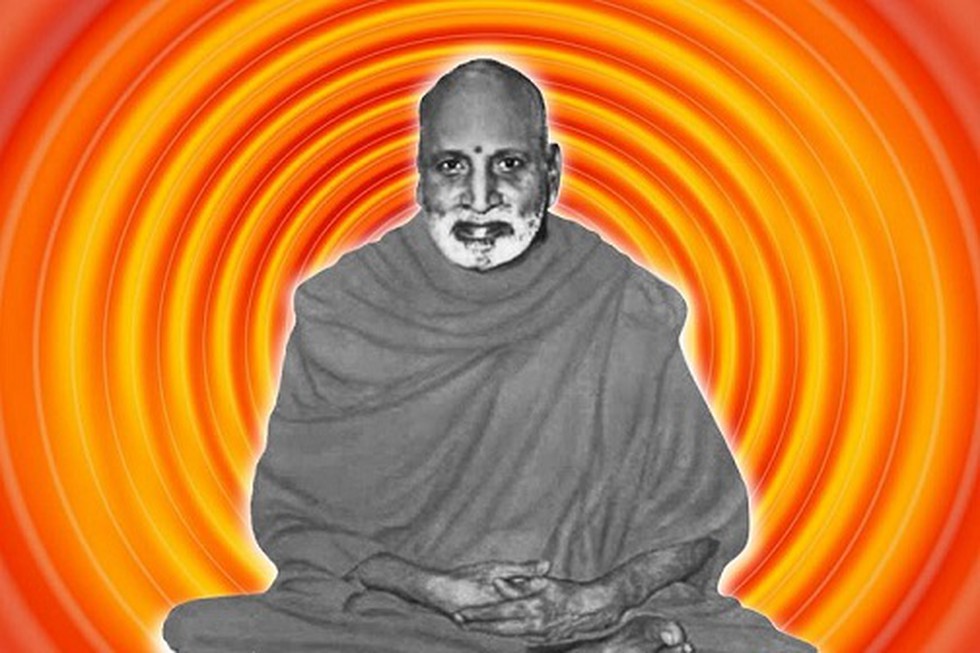
About:
- Swami Chidbhavananda (1898 – 1985) was the founder of Sri Ramakrishna Tapovanam Ashram at Thirupparaithurai, Tiruchirapalli, Tamil Nadu.
- He authored 186 books and all genres of literary composition.
- His scholarly work on the Gita is one of the most extensive books on the subject. Tamil version of the Gita with his commentaries was published in 1951, followed by the English in 1965. Its translations into Telugu, Oriya, German and Japanese were undertaken by devotees.
BAMIYAN BUDDHAS
Twenty years after being blasted out of Afghanistan's rugged central highlands, one of the country's famed Buddha statues made a brief virtual return as a three-dimensional projection filled the alcove that hosted the statue for centuries.
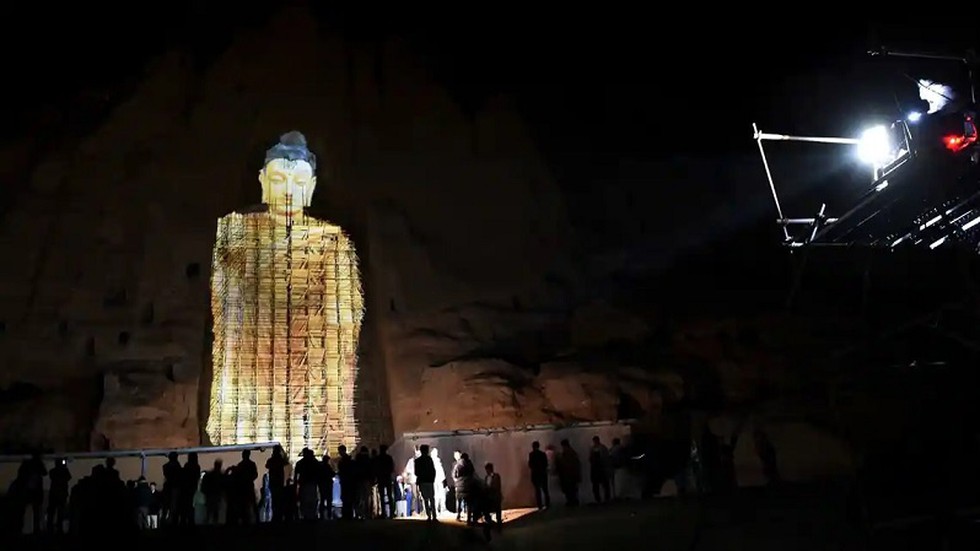
About:
- In March 2001, the Taliban began blowing up two monumental Buddha statues in Afghanistan’s Bamiyan Valley.
- Now, two decades later, on the anniversary of the annihilation, the Bamiyan Buddhas have been brought back to life in the form of 3D projections in an event called “A Night With Buddha”.
The legacy of the Bamiyan Buddhas:
- In their Roman draperies and with two different mudras, the Bamiyan Buddhas were great examples of a confluence of Gupta, Sassanian and Hellenistic artistic styles.
- They are said to date back to the 5th century AD and were once the tallest standing Buddhas in the world.
- Salsal and Shamama, as they were called by the locals, rose to heights of 55 and 38 metres respectively, and were said to be male and female. Salsal means “light shines through the universe”; Shamama is “Queen Mother”.
- The statues were set in niches on either ends of a cliff side and hewn directly from the sandstone cliffs.
- Following the fall of the Bamiyan Buddhas, UNESCO included the remains in its list of world heritage sites in 2003, with subsequent efforts made to restore and reconstruct the Buddhas in their niches with the pieces available.
MENSTRUATION TABOO
In a public interest litigation, the Gujarat High Court passed an order proposing nine guidelines that the state should follow to end menstruation taboo and discriminatory practices pertaining to it.
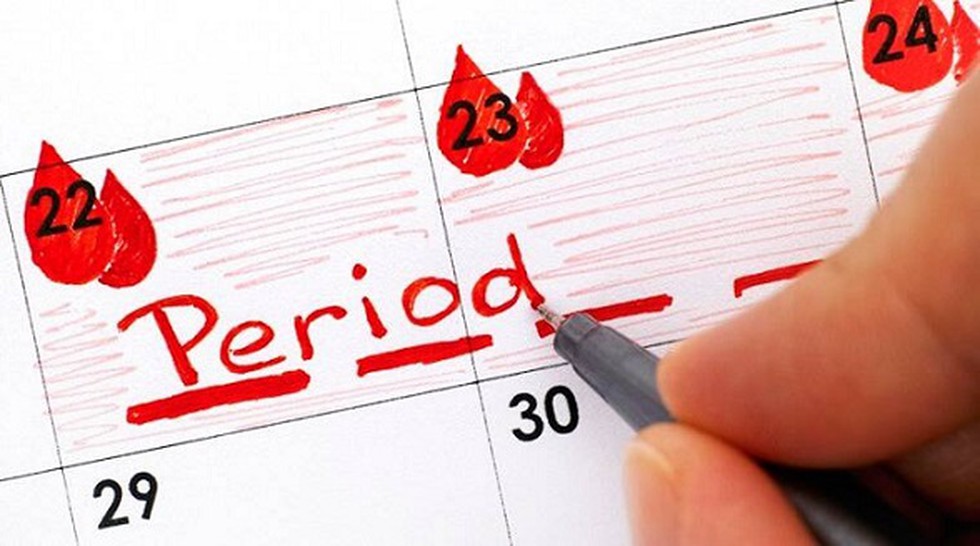
About:
- The guidelines call for Prohibiting social exclusion of women on the basis of their menstrual status at all places, be it private or public, religious or educational.
- It also list the state government’s role in raising awareness, including the topic in school curriculum and sensitisation drives.
GENOME MAPPING IN INDIAN OCEAN
Scientists from the National Institute of Oceanography (NIO) in Panaji onboard its research vessel Sindhu Sadhana will spend the next three months traversing the course of over 10,000 nautical miles in the Indian Ocean on a research project to reveal the internal working of the body of the ocean at a cellular level.
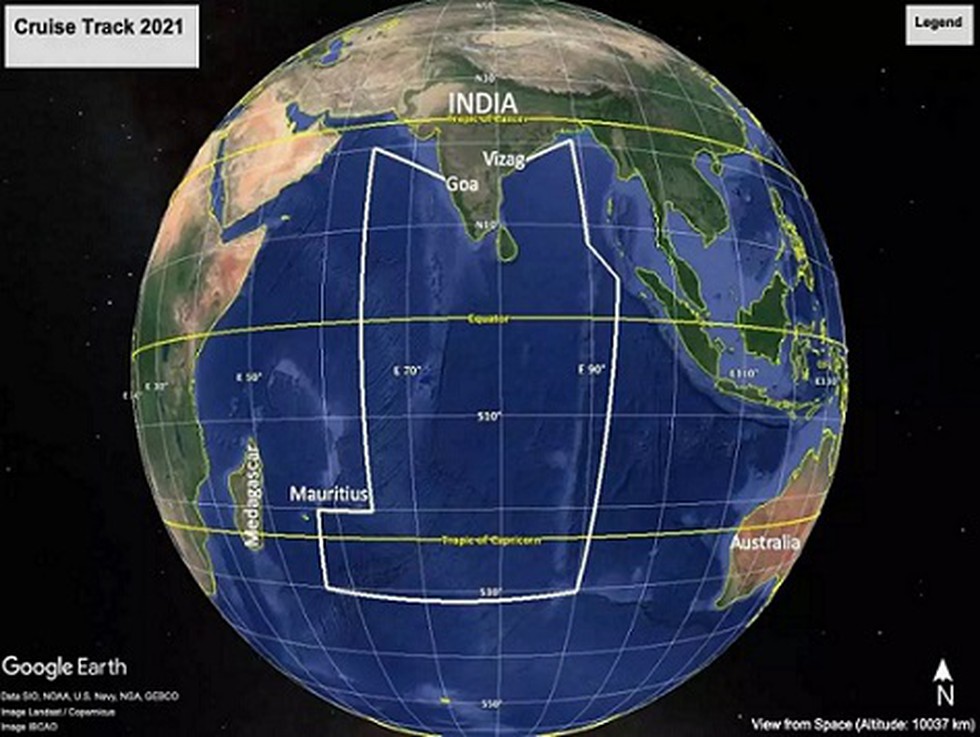
About:
- The first-of-its-kind research project in the country is aimed at understanding the biochemistry and the response of the ocean to climate change, nutrient stress and increasing pollution.
- The research project will take three years to complete.
- Researchers will travel the Indian Ocean from India’s east coast, all the way to Australia, then onward towards Port Louis in Mauritius and up to the border of Pakistan, off India’s west coast, gathering samples for genome mapping of microorganisms in the Indian Ocean.
- The researchers will collect samples from various stretches of the ocean at an average depth of about 5 km.
- Just like gene mapping is carried out on blood samples collected from humans, the scientists will map these in the bacteria, microbes found in the ocean. This will help scientists understand the internal working of the ecosystem of the Indian Ocean.
- At various stages and stretches, samples will be collected by lowering a Kevlar cable of up to 8 km with a set of 24 teflon coated bottles to collect samples.
TRUSTED TELECOM RULES
The Department of Telecommunications (DoT) has amended the licensing conditions for telecom companies to include defence and national security as parameters when purchasing ‘trusted telecom products’ and sourcing equipment from ‘trusted telecom equipment sources’.
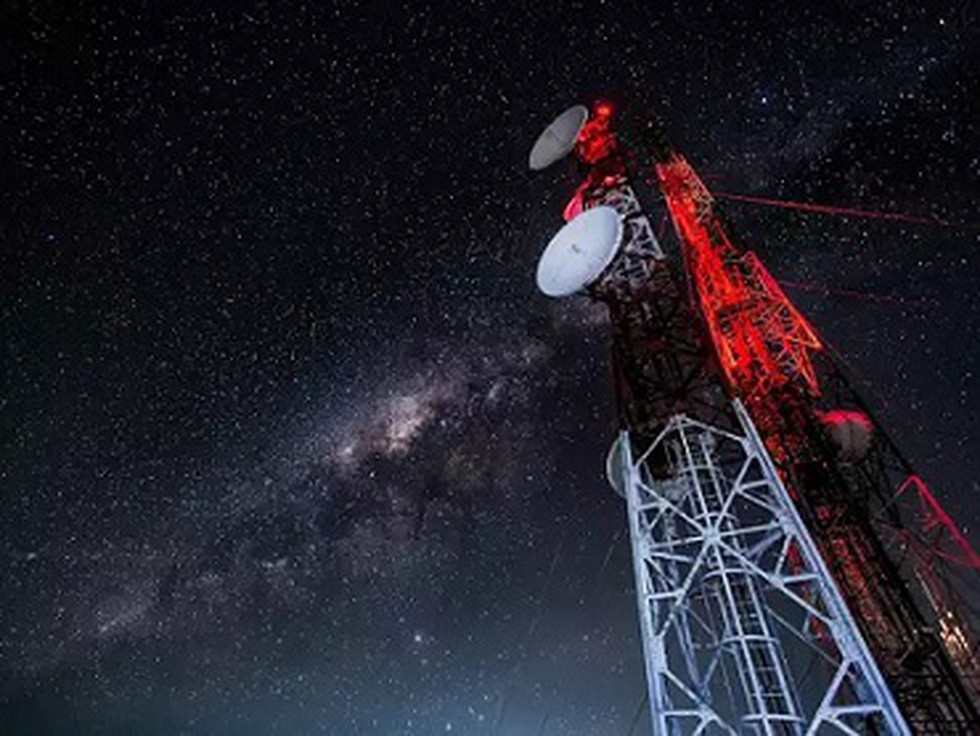
About:
- Including defence and national security as parameters means the designated authority can, at any time, citing these two aspects, ask telecom companies not to use products which it has deemed unsafe.
- The new norms will kick in from June 15, following which telecom companies will not be able to use any products that do not appear on the trusted telecom equipment source list or the trusted telecom product list.
- If a telecom company wishes to expand its network by using any equipment that does not come from a trusted source or is not on the list of trusted telecom products, it will have to take prior permission from the designated authority, which is the National Cyber Security Coordinator.
INNER-LINE PERMIT (ILP) SYSTEM
The Uttarakhand government, in a recent meeting with Union Home Minister Amit Shah, had sought withdrawal of “inner-line permit” (ILP) system in Niti Valley of Chamoli district and Nelang Valley of Uttarkashi district for better border management and expansion of tourism in villages located there.
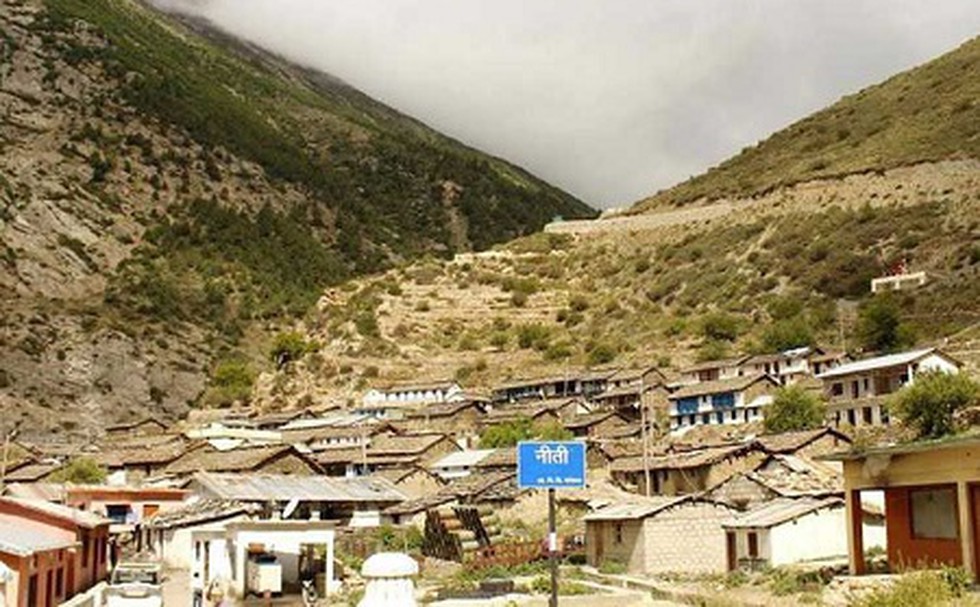
About:
- The ILP system restricts movement in areas close to the border for everyone other than those with a formal permission.
- In Uttarakhand, tourists have to obtain ILP for locations near China border, at least in the three districts of Uttarkashi, Pithoragarh and Chamoli.
- Pithoragarh is strategically more sensitive as it shares boundaries with both China and Nepal.
- Nelong Valley, Uttarkashi: Nelong valley is an inner line area (India-China border) opened to domestic tourists only during the day. It is approximately 100 km from Uttarkashi headquarters.
- Niti village, Chamoli: Located at an altitude of around 3600 metres, Niti village in Joshimath in Chamoli district is the last populated village before China border.
TIRATH SINGH RAWAT
Tirath Singh Rawat has been sworn in as the new Uttarakhand chief minister. The 56-year-old MP from Pauri replaced Trivendra Singh Rawat who stepped down from the post.
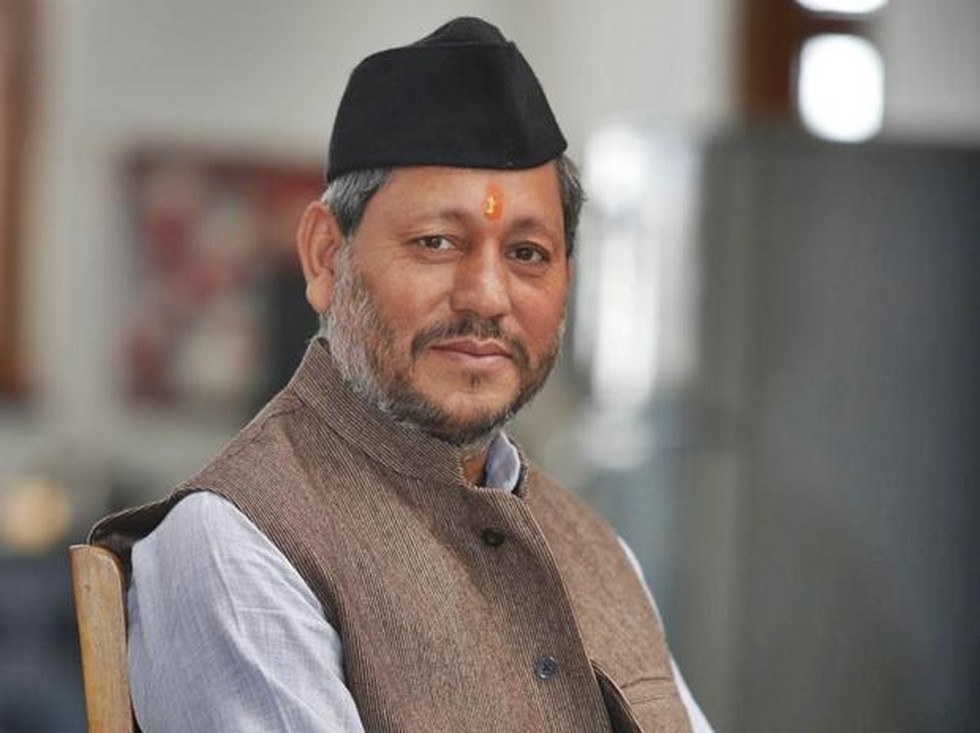
Key constitutional provisions for CMs:
- Article 163(1): There shall be a Council of Ministers with the Chief Minister at the head to aid and advise the Governor in the exercise of his functions, except in so far as he is by or under the Constitution required to exercise his functions or any of them in his discretion.
- Article 164(1): The Chief Minister shall be appointed by the Governor and the other Ministers shall be appointed on the advice of the Chief Minister.
- Article 164(2): The Council of Ministers shall be collectively responsible to the Legislative Assembly of the State.
SHRAMIK KALYAN PORTAL
Indian Railways ensures 100% compliance of payment of minimum wages to contract workers through e-application Shramik Kalyan Portal.

About:
- Indian Railway Shramik Kalyan e-application has been developed and launched on 1st October, 2018.
- E-Application ensures the compliance of provisions of Minimum Wages Act and also ensures that contractual workers working in Indian Railways get their rightful due by enforcing the contractors to regularly upload wage payment data into e-application.
- This helps Railways as Principal Employer, in keep vigil over wages disbursed by contractors to contract workers.
- All PSUs working under Ministry of Railways are also using this e-application.
Comments
Post a Comment